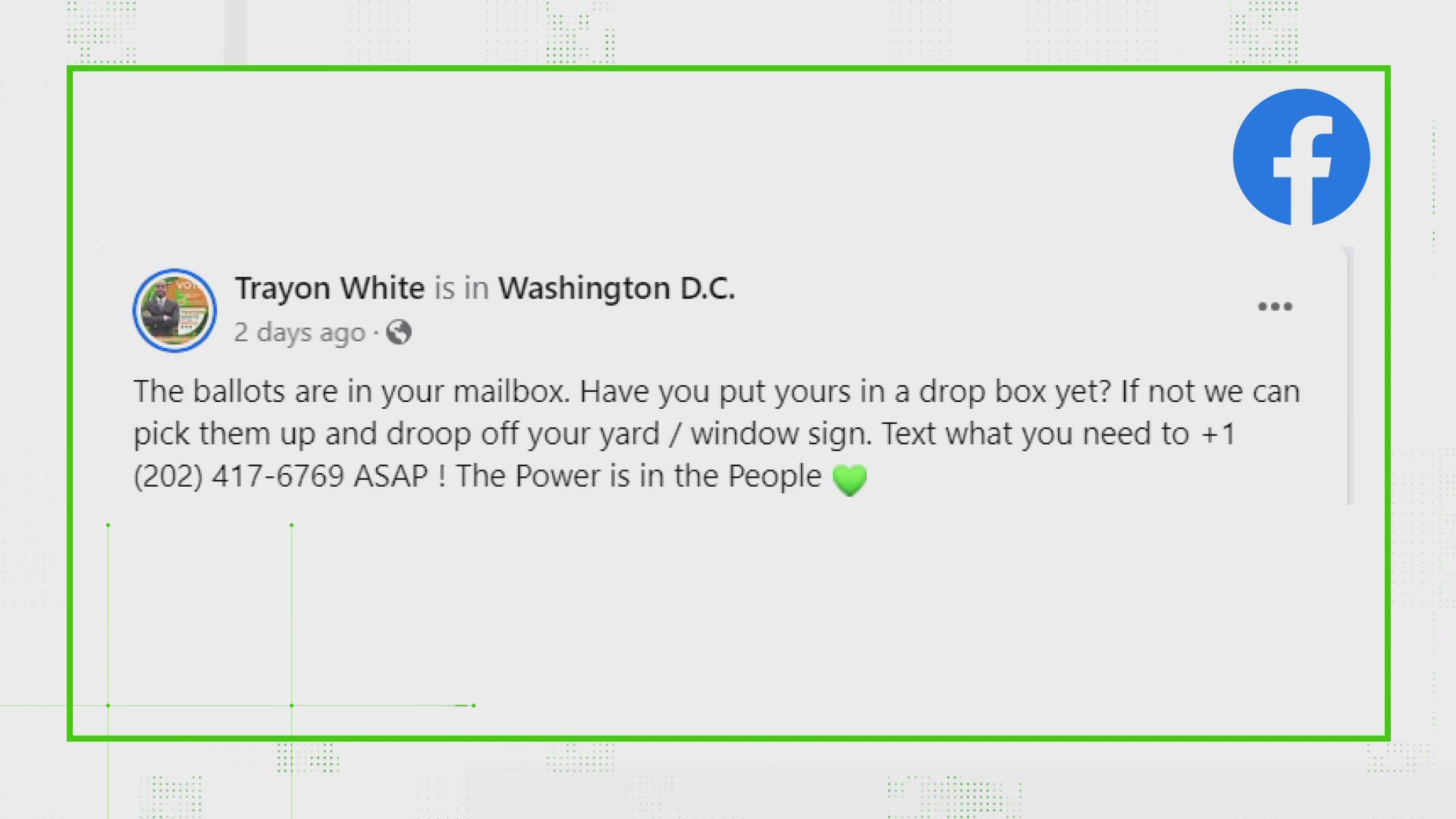QUESTION:
Lots of people received messages over the weekend warning them that their Facebook account was cloned. Is it true?
ANSWER:
No, this is a hoax.
SOURCES:
Facebook Community Standards Enforcement Preliminary Report
Facebook Help Center: Hacked and Fake Accounts
PROCESS:
If you received messages from concerned Facebook friends claiming your account's been hacked, you're not alone.
A pandemic scare erupted across social media, with lots of people nervous after receiving a message over the weekend:
Hi....I actually got another friend request from you yesterday...which I ignored so you may want to check your account. Hold your finger on the message until the forward button appears...then hit forward and all the people you want to forward too...I had to do the people individually. Good Luck! PLEASE DO NOT ACCEPT A NEW ONE FROM ME AT THIS TIME.


What we have here is a hoax that's rippled its way across the internet. The message itself continues to spread despite having zero evidence that a threat exists.
It also leaves out important information about what account cloning is and what you should do if you're the victim of cloning.
A cloned account simply means a fraudster has set up a fake account using a real person's name and ripping off a real person's Facebook photos.
While the hoax is harmless, yet added fear and confusion two weeks after Facebook announced a security breach on September 25, impacting 50 million accounts. On average has 2.2 billion monthly users.
Facebook confirmed it's a hoax, one that's unfortunately, still spreading.
The Plaquemines Parish Office of Homeland Security and Emergency Preparedness in Louisiana alerted residents of the hoax.
The chances of any average user being the victim of a cloned account, is slim.
A Facebook spokesperson said cloned accounts haven't been a big issue since 2016, continuing to explain, "The volume of these types of posts isn’t a good measure for how often impersonation is actually happening. For example, it is not accurate that almost every account is being cloned, as one of these posts claims."
Fake accounts (including some cloned accounts) represented 3-4 percent of monthly active users in Q1 2018 and Q4 2017 according to a Facebook report.
The company disabled 583 million fake accounts between January-March 2018. That doesn't include attempts to create fake accounts that Facebook blocked. About 98.5 percent of fake accounts are flagged by Facebook before users reports it.
On the company's Help Center page, there are helpful tips on what to do, should you discover someone has cloned your account:
1. Go to the profile of the impersonating accounts. (If you can't find it, try searching for the name used on the profile or asking your friends if they can send you a link to it.)
2. Click on the cove photo and select "Give feedback or report this profile."
3. Follow the on-screen instructions for impersonation to file a report.
If you don't have a Facebook account and want to report someone that's pretending to be you, here is the form to fill out.
Facebook will need to confirm your identity using one of forty different forms of identification: everything from a passport to a magazine subscription or utility bill.




